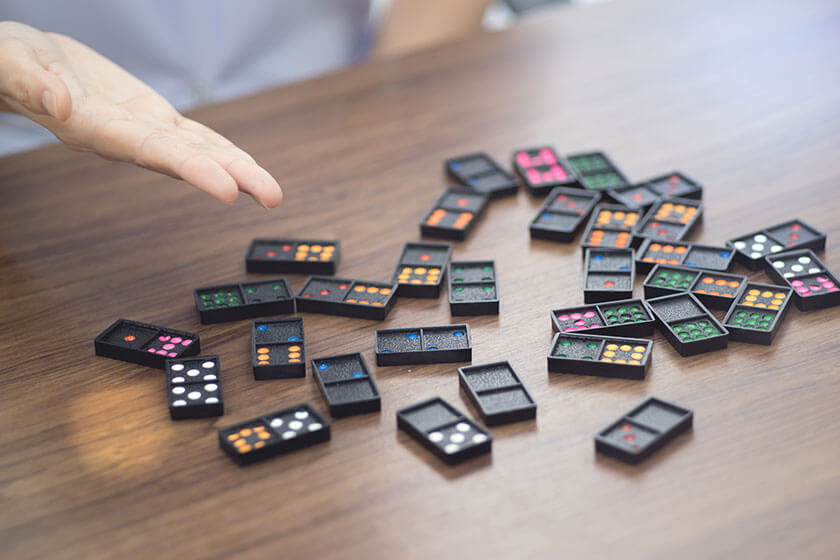In recent years, brain training games – games specifically designed to exercise memory, attention, and problem-solving, have gained popularity. Such games stimulate our brains and provide opportunities for the brain to learn or practice new skills, thereby strengthening connections between the brain cells. Early research suggests a connection between playing games and delayed onset of at least one type of age-related memory loss. A study found that among 1,903 older adults without dementia, being cognitively active, by reading, doing puzzles, playing board games or playing cards, delayed the onset of dementia for up to five years.
If you are looking to help your loved one with Alzheimer’s disease, here are some brain training games you can try.
Puzzle Games
There are studies that show that older adults perform better on reasoning, attention, and memory tasks when they play with puzzles frequently. Although the researchers cannot conclusively state that solving these puzzles lowers the risk of developing dementia in old age, their research is consistent with earlier findings that show that solving word and number puzzles on a regular basis keeps our brains in better shape for longer.
If your loved one has a penchant for words, playing word puzzles like crossword puzzles or wordle may be delightful to them. Not only does it help to increase their vocabulary, it also strengthens the neural connections in the brain, as they search for the words in their mind. These puzzles can be found in newspapers and websites like USA Today or The New York Times.
For those who like number games, try playing Sudoku. It is solved by placing the numbers (1-9) in a 9×9 grid, without repeating any of them in each column, row or grid. To start off, each grid will come with prefilled numbers. To complete a Sudoku puzzle, you need to use logic and working memory.
If your loved one is more of a visual person, jigsaw puzzles may be something that will interest them. Jigsaw puzzles exercise both sides of the brain and also improves visual spatial awareness. It is also a fun activity to do with friends.
Board Games
Classic board games like Scrabble, Risk, or Azul are great ways for brain training and social interaction.
In Scrabble, players earn points by arranging letter squares on a grid to form words. Besides playing on the board, it is also available on the Scrabble GO app. Your loved one can choose to play against the computer or against their friends on their mobile devices. And in Risk, players strategize to conquer the world by controlling each area of the board. These games activate logic and strategy.
Although more long-term research is needed to determine if playing games can reduce or prevent age-related memory issues like Alzheimer’s disease, it is quite clear that people who engage in mental activities and interact with others have a significantly lower risk of developing dementia. Brain training games and activities are just one way to help the brain. It is essential to have a daily care plan and develop healthy habits like sleeping well, eating healthily, and getting enough exercise to maintain cognition and prevent memory decline.







